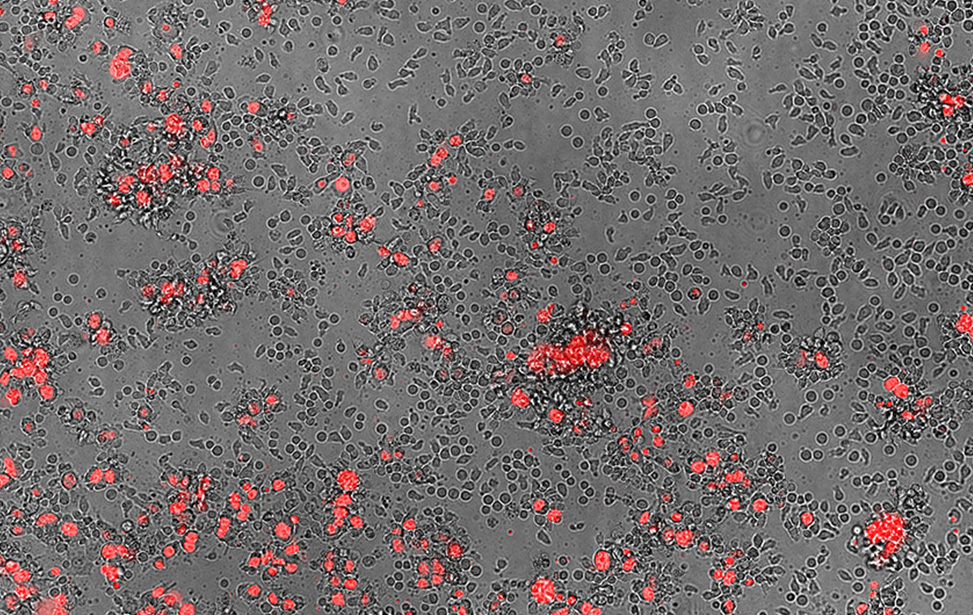Giuseppe Leuzzi
Hailing from Lecce, Giuseppe studied Molecular and Cell Biology at the University of Rome Tor Vergata. After earning his BSc, he completed an MSc with honors, conducting research in the lab of Prof. Giovanni Cesareni, where he investigated the dynamics of autophagic flux and gained early expertise in molecular genetics. In 2012, he began his PhD in Genetics and Cell Biology at the Italian National Institute of Health under the supervision of Dr. Annapaola Franchitto. His doctoral research focused on the molecular mechanisms of DNA damage response (DDR), equipping him with specialized expertise in the field of DNA repair. During this time, Giuseppe identified WRNIP1 as a novel factor cooperating with the DDR gene BRCA2 to prevent chromosomal instability and characterized the role of the WRN helicase in replication stress response. Additionally, he investigated the interaction between Mismatch Repair and Base Excision repair in human gastric cancer, contributing to the understanding of genome stability and cancer biology. Driven by his interest in the field of DNA repair and its translational implications, Giuseppe moved to New York City in 2017 to join Prof. Alberto Ciccia’s lab at Columbia University as a postdoctoral researcher. Supported by prestigious AICF and AIRC fellowships, he integrated DDR studies with cancer immunology and immunomodulation. During this time, he gained advanced expertise in high-throughput genome editing. Leveraging these tools, he developed a novel FACS-based CRISPR-Cas9 screening strategy, which enabled the large-scale identification of DDR factors modulating cancer-intrinsic immune signaling and PD-L1 immune checkpoint levels in tumor cells. This work led to the identification of the DNA translocase SMARCAL1 as a promising therapeutic target for cancer immunotherapy. In 2022, Giuseppe was promoted to Associate Research Scientist at Columbia University, where he expanded his research program. He contributed to the implementation of CRISPR-dependent base editing screens to model single nucleotide variants (SNVs) at scale in both cancer cells and human primary CD8+ T cells. His work advanced the application of precision genome editing in cancer biology and immunotherapy. In 2025, Giuseppe established his independent research group at IFOM, the Functional Genomics of Cancer Immunity laboratory. His research program investigates how DNA repair mechanisms and genomic instability shape cancer immunity and influence the responses of tumor cells to immunotherapy. Inspired by the pursuit of innovation, Giuseppe is deeply committed to creating a dynamic, inclusive, and collaborative research environment that fosters scientific discovery.
